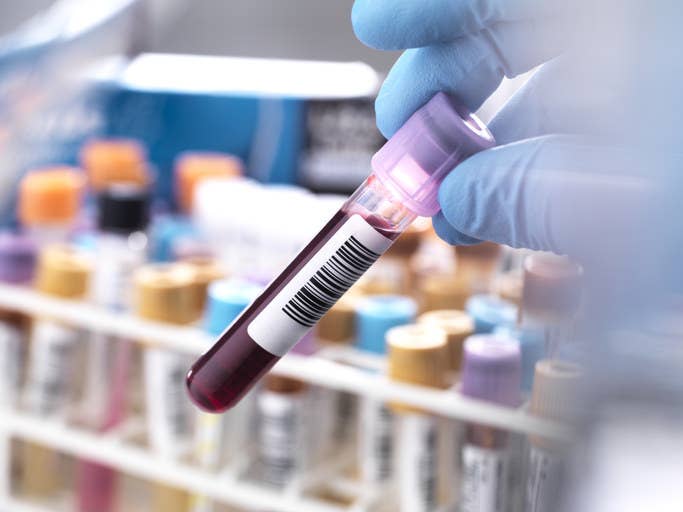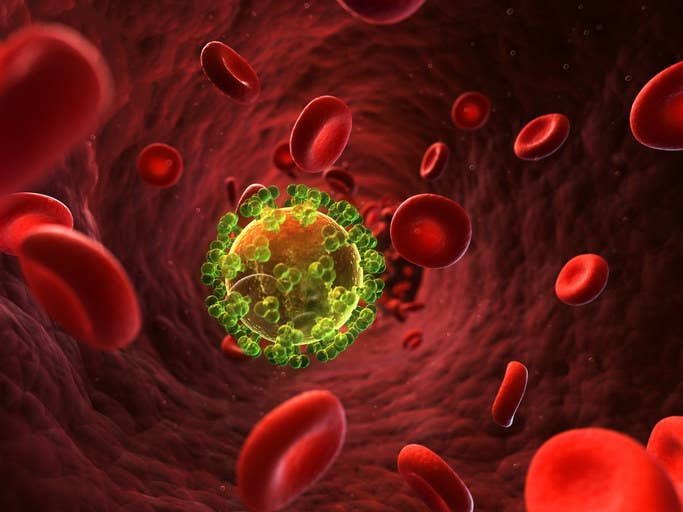
An outpatient surgery center in New Jersey has alerted thousands of patients that they may have been exposed to blood-borne pathogens due to unsanitary conditions at the facility.
Following an investigation of the HealthPlus Surgery Center in Saddle Brook, the New Jersey Department of Health revealed "lapses in infection control in sterilization/cleaning instruments and the injection of medications." The facility has warned approximately 3,700 patients about possible exposure to hepatitis B, hepatitis C, and HIV, according to a letter sent to affected patients, obtained by BuzzFeed News (a copy of which was first published by NBC).
There have not been any reports of infection traced back to the investigation, but the facility and the New Jersey Department of Health are urging all affected patients, who were treated between Jan. 1 and Sept. 7 this year, to get their blood tested as soon as possible.
“Although the risk of infection is low, out of an abundance of caution, HealthPlus and the New Jersey Department of Health recommend patients get blood tests for hepatitis B, hepatitis C, and HIV,” according to Dawn Thomas, a spokesperson for the New Jersey Department of Health.
HealthPlus said that it would be paying for the affected patients to be tested.
"All of us at HealthPlus understand this may be upsetting. We want to assure you that we will assist you during this process, including paying for all medical costs associated with testing," the letter said.
BuzzFeed News has reached out to HealthPlus Surgery Center for comment.

Blood-borne pathogens can be spread if blood or bodily fluids from an infected person come into contact with mucous membranes such as the eyes or mouth, or open wounds and cuts, according to the National Library of Medicine. They can also spread through contaminated needles or sharp objects that puncture the skin. This can occur in health care settings, and the most common blood-borne pathogens that spread in hospitals are hepatitis B, hepatitis C, and HIV.
Hepatitis is an inflammation of the liver, which is often caused by a virus. Hepatitis B and C infections are caused by the hepatitis B virus and hepatitis C virus, respectively. Hepatitis B and C can start as acute, short-term infections that range from mild to severe. It can take two weeks to six months after becoming infected to show symptoms, and some people have no symptoms at all, according to the NLM.
Hepatitis B may resolve on its own without treatment, but some people can develop a chronic infection that leads to liver damage. Most people infected with hepatitis C will go on to develop a long-term infection that can lead to liver disease, liver failure, or liver cancer, according to the NLM. There are vaccines to prevent hepatitis B and A, but not for the other types (C, D, or E).
HIV, or human immunodeficiency virus, harms the immune system by destroying white blood cells, making it harder to fight off infections and cancers. The final stage of HIV is AIDS, or acquired immunodeficiency syndrome.
There are treatments available to help those diagnosed with hepatitis B and C, as well as HIV, according to the NLM, and early diagnosis is important. Affected patients who were treated at HealthPlus Surgery Center are being asked to get tested even if they do not remember feeling sick, according to the letter.
The affected patients can call 1-888-507-0578, the New Jersey Department of Health said in a statement.
